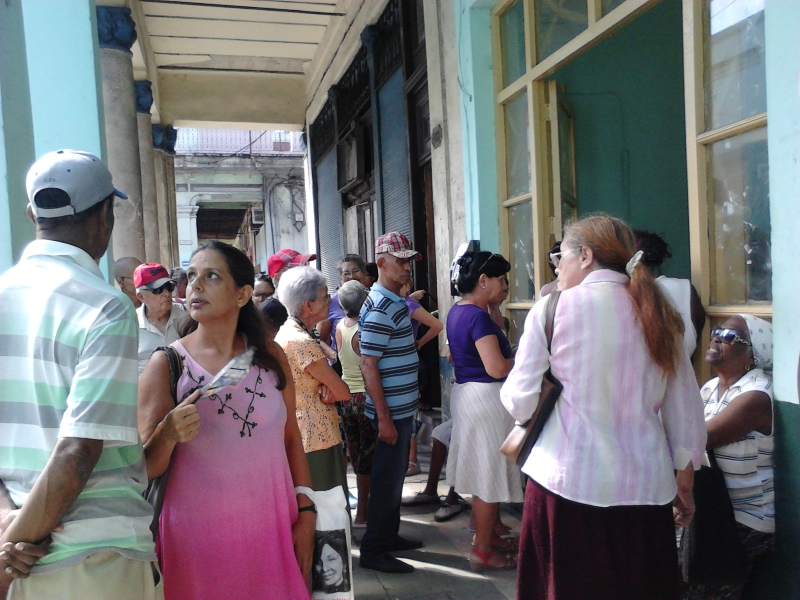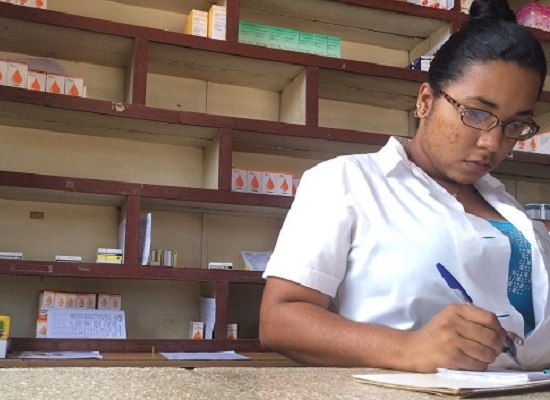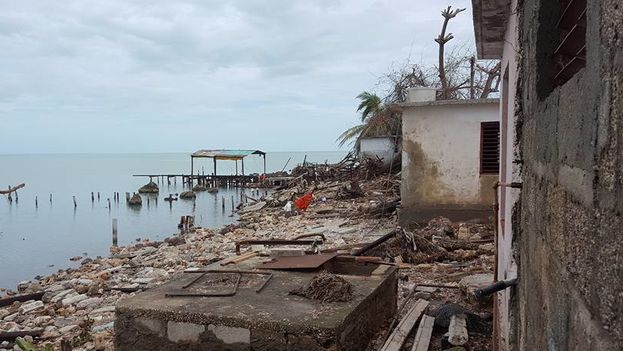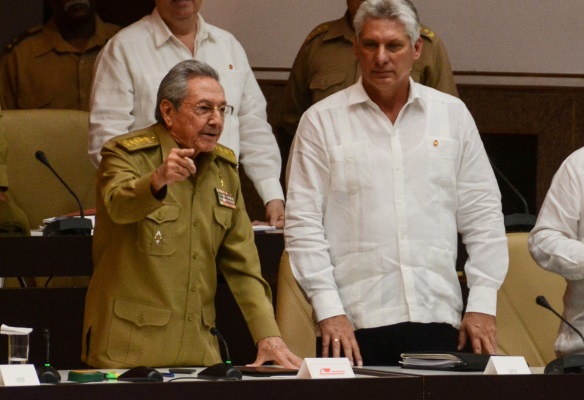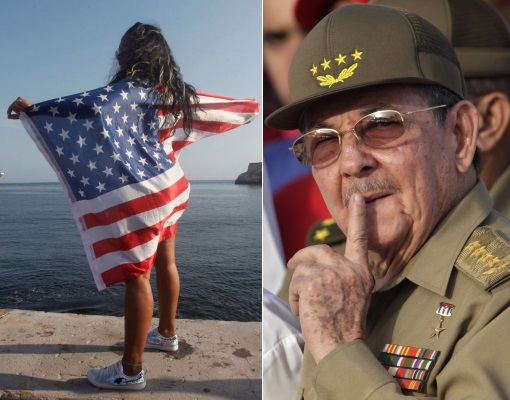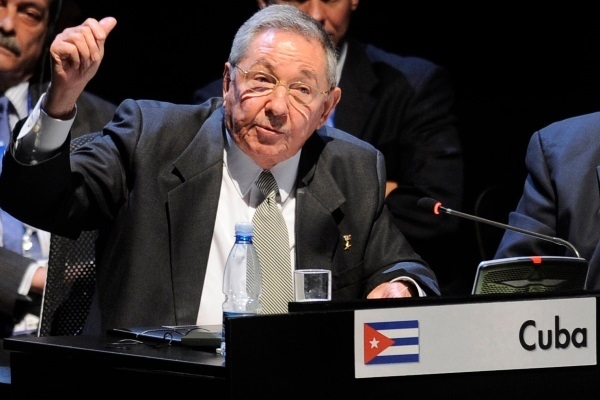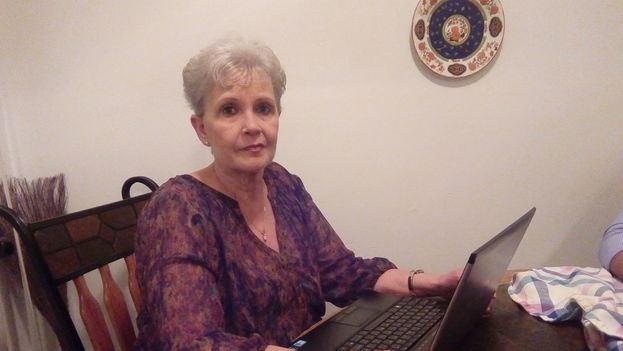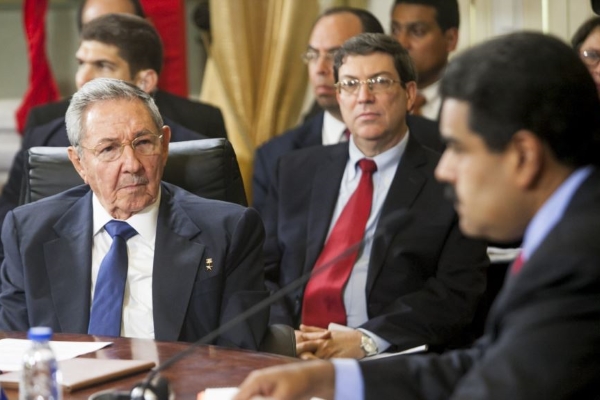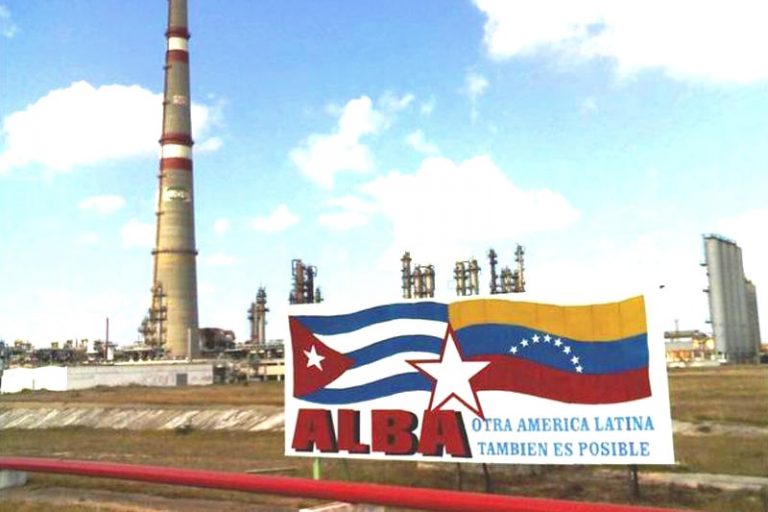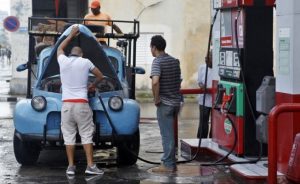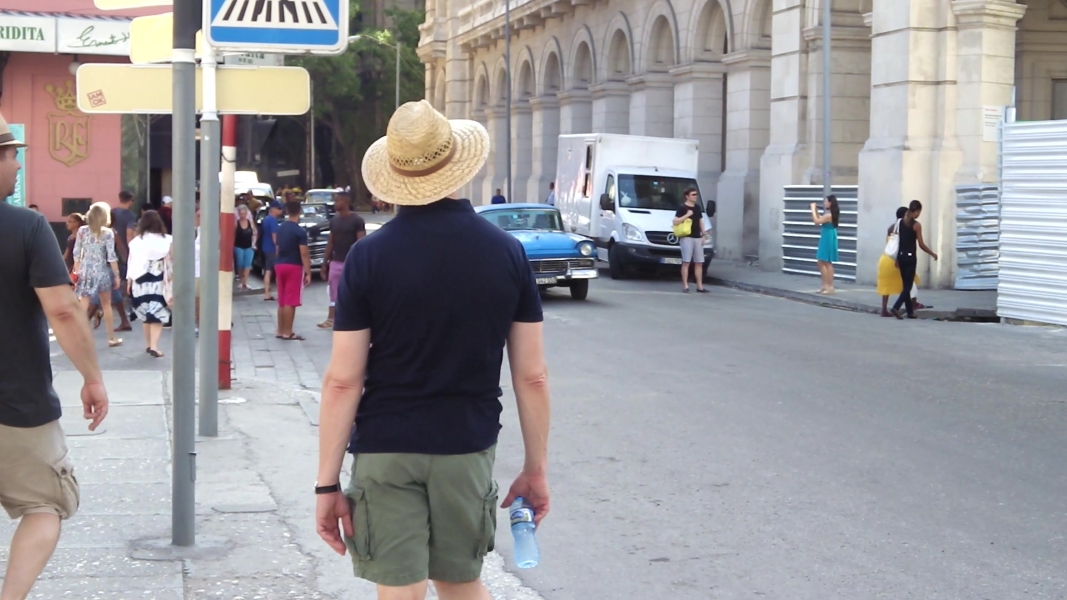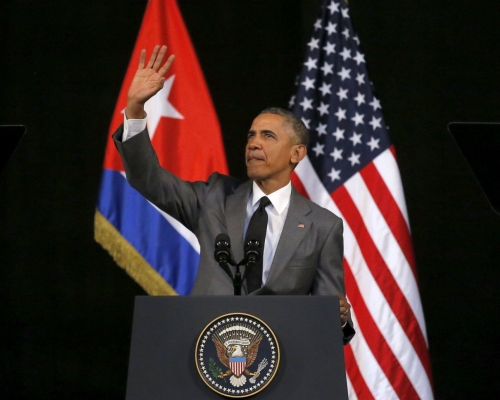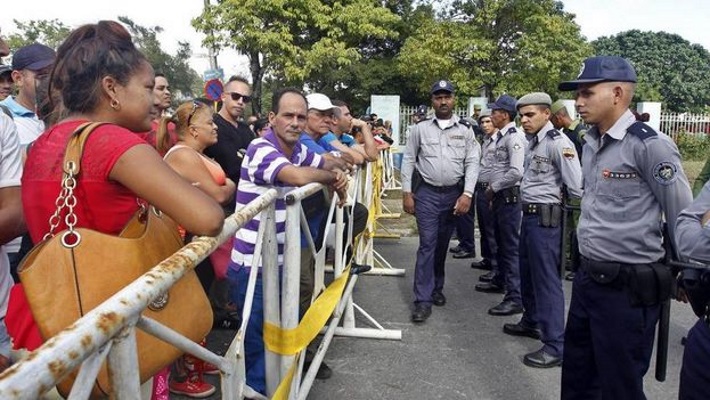
 Cubanet, Miriam Celaya, 29 November 2017, Cuba – This past Sunday, 27 November 2017, the “maximum exercise of Cuban democracy” took place, namely, voting to select, among the candidates proposed by the masses in each constituency of the country, the ones who would be picked to process the frustrations of their respective “electors” during the following two and a half years.
Cubanet, Miriam Celaya, 29 November 2017, Cuba – This past Sunday, 27 November 2017, the “maximum exercise of Cuban democracy” took place, namely, voting to select, among the candidates proposed by the masses in each constituency of the country, the ones who would be picked to process the frustrations of their respective “electors” during the following two and a half years.
For the ordinary Cuban it was the probably the usual cyclical rite, by virtue of which millions of registered voters in the electoral system go to the polls as robots, a large part of them, out of sheer annoyance or fear of being identified as the black sheep of the flock.
However, in truth, this time the eternal pantomime was nuanced by two very specific signs: they are the first elections held after the death of Fidel Castro – exactly one day after the first year of his death – and constitute the beginning of a process that will continue with the election of the new Parliament, suffrage to be held between the months of December and January. continue reading
The members of the Parliament, in turn, will have the mission of electing the next president of the Cuban government (from a candidacy previously approved by the current government), as established in the current electoral law (Law 72 of the year 1992). A president who, probably, will not be a descendant of the Castro Ruz branch, was not present at the Moncada barracks, was not an expeditionary on the Granma yacht, did not “fire a shot” in the Sierra Maestra and has not ordered anyone to be shot. Admittedly, the events are interesting.
Another suggestive fact has been the curious handling of official data by the National Electoral Commission (CEN) after the closing of all polling stations. In the prolonged primetime broadcast of the national television news program (NTV), aired at 8:00 p.m., the president of the CEN, Alina Balseiro, explained that not all data had been compiled at the national level and that “preliminary results” would be announced at a press conference at 3:00 p.m. on Monday, 27 November.
She also reported that until 5 o’clock in the afternoon of the same day – barely an hour before the official closing of the polls – attendance at the polls was recorded as 82.5% of registered voters. A figure “very preliminary,, but alarmingly low by usual Cuban standards, which Balseiro justified by stating it was “due to the rains that have been affecting mainly the eastern and central regions of the country,” which had an effect on attendance at the polls, so the CEN had decided that a group of voting places would extend their closing hours to 7:00 pm.
The aforementioned press conference took place, in effect, but it developed behind closed doors, behind the backs of the people who had starred the night before in what the triumphalism of the government press had described as a “successful election day,” a “formidable tribute” to the historic leader on the first anniversary of his departure, and a “demonstration of the people’s unity” around their revolution.
It was not until the NTV’s main broadcast on Monday (27 November) that the president of the CEN, in an interview with journalist Thalía González, finally let us know that “the preliminary results” of Sunday’s election day. She said that 7,608,404 Cubans went to the polls, or 85.9% of the total electoral roll.
That means that 14.1% of the electorate did not vote “For Cuba and for Fidel,” despite the intense campaign that had spread through the media in the previous weeks, against the pressures exerted on the voters in numerous polling locations – at least in the capital – from early hours, to go out and vote.
We would have to add to that 14.1%, the 4.12% who left their ballots blank and the 4.07% who voided theirs, for total 22.29% of voters who did not align themselves with the call “for the revolution”; that is, a large number of non-revolutionaries. And it is known that, in Cuba, all abstention is equivalent to denial, ergo, just over 22% of Cuban voters have rejected, in some way, the alleged fidelity to the political system.
In spite of that, Alina Balseiro, whose face showed deep fatigue, stated before national public opinion that “these results are superior to those achieved in the 2015 elections.” She asserted that not only was there greater attendance at the polls, but also “a higher vote quality,” and the decisive participation of the people, which made this electoral success possible, had its best results in the provinces of Santiago de Cuba, Guantánamo, Las Tunas, Granma and Sancti Spiritus. Exactly the same few that she had singled out the day before as “the most affected by the rains” and the ones with most difficulties in poll attendance.
But the lie is short-lived. Review of the very official numbers held in previous years is enough to verify the deceptiveness of such victorious claims, and the markedly decreasing trend of poll attendance: from 95.8% in 2010, it went down to 91.9% in 2012, and to a shocking 88.30% in 2015, when, for the first time, the decline took the number below 90%.
Such a trend, without doubt, has sown concern among the authorities. Especially when the attendance figure of the recently held elections, far from responding to the call for an meeting with the memory of the Deceased-in-Chief and his “legacy,” has decreased by almost three percentage points compared to the previous ones.
We will have to wait for the next few days, when the authorities get over their hot flashes and the president of the CEN has had enough rest and, therefore, has achieved the miracle of conveniently collating the data, to know the final figures of these controversial elections.
For now, everything seems to indicate that the hopelessness, the poverty, the lack of expectations and the constant stumbles and setbacks of the “Castro Administration” are portraying the immaculate image of Cuba that the General and his court want to sell to the world as “a socialist people, faithful to the revolution and Fidel.” The moral of the story: If the lords of Power aspire to better electoral results in the immediate future, they will have to offer Cubans something other than slogans, the deceased, or the politically correct biographies of “the representatives of the people.”
Translated by Norma Whiting

